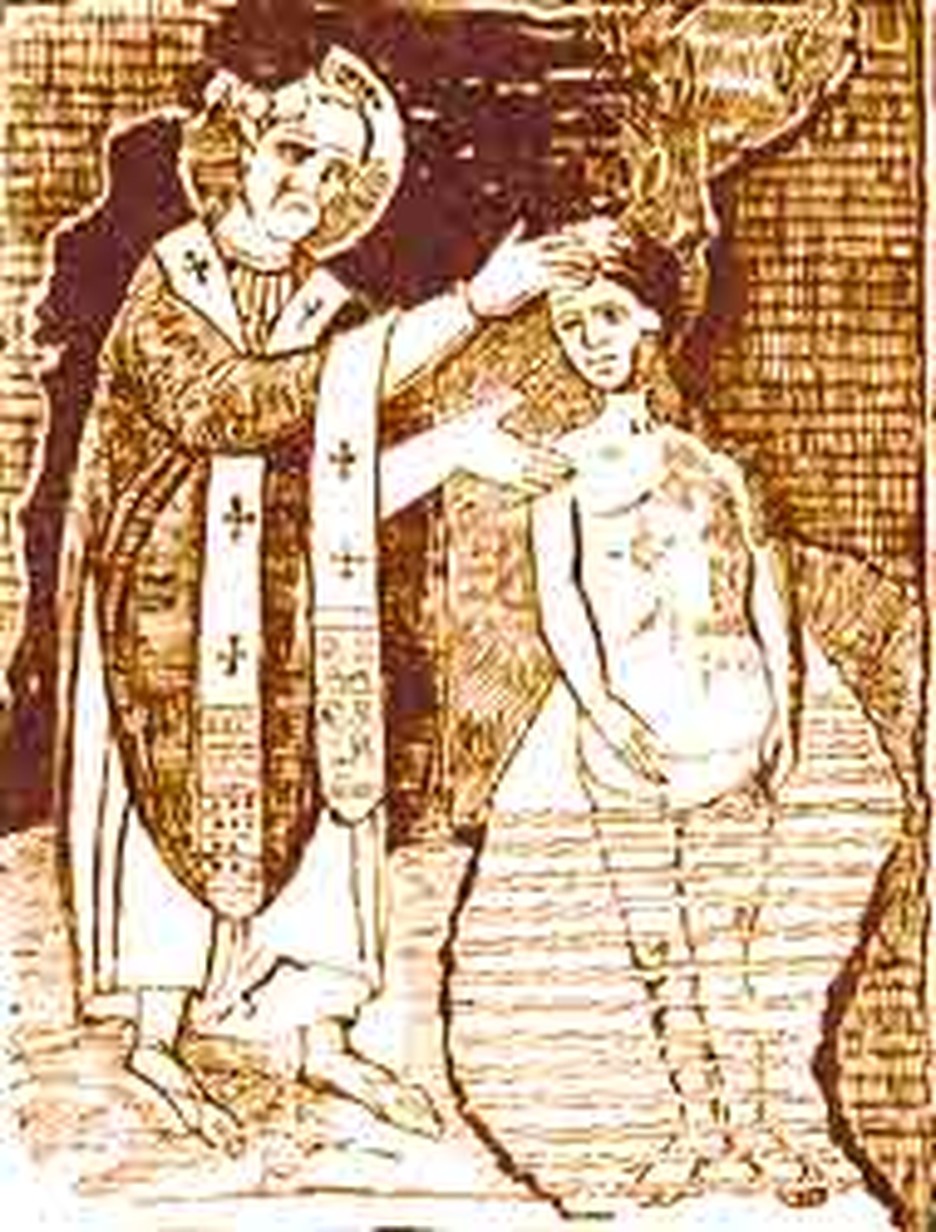
It's one of the gems of early Christian writings and we have no idea who wrote it. The addressee, Diognetus, was carefully investigating Christianity. The letter shows how the church had to explain itself as a new movement to a suspicious and often hostile pagan world. The Church, although an insignificantly small percentage of the population, saw itself as a soul-like instrument of God to bring healing and hope to the world. The writer is audacious to describe believers as a "third race" (after pagans and Jews) or a "new race."
The epistle goes on to give an invaluable description of the early believers in the second century: They dwell in their own countries but simply as sojourners. As citizens, they share in all things with others, and yet endure all things as if foreigners. Every foreign land is to them as their native country, and every land of their birth as a land of strangers. They marry, as do others; they beget children; but they do not destroy their offspring. They have a common table but not a common bed. They are in the flesh, but they do not live after the flesh. They pass their days on earth, but are citizens of heaven. They obey the prescribed laws, and at the same time surpass the laws in their lives. They love all, and are persecuted by all... They are poor, yet they make many rich; they are completely destitute, and yet they enjoy complete abundance. . . They are reviled, and yet they bless...When they do good they are punished as evildoers; undergoing punishment, they rejoice because they are brought to life.


